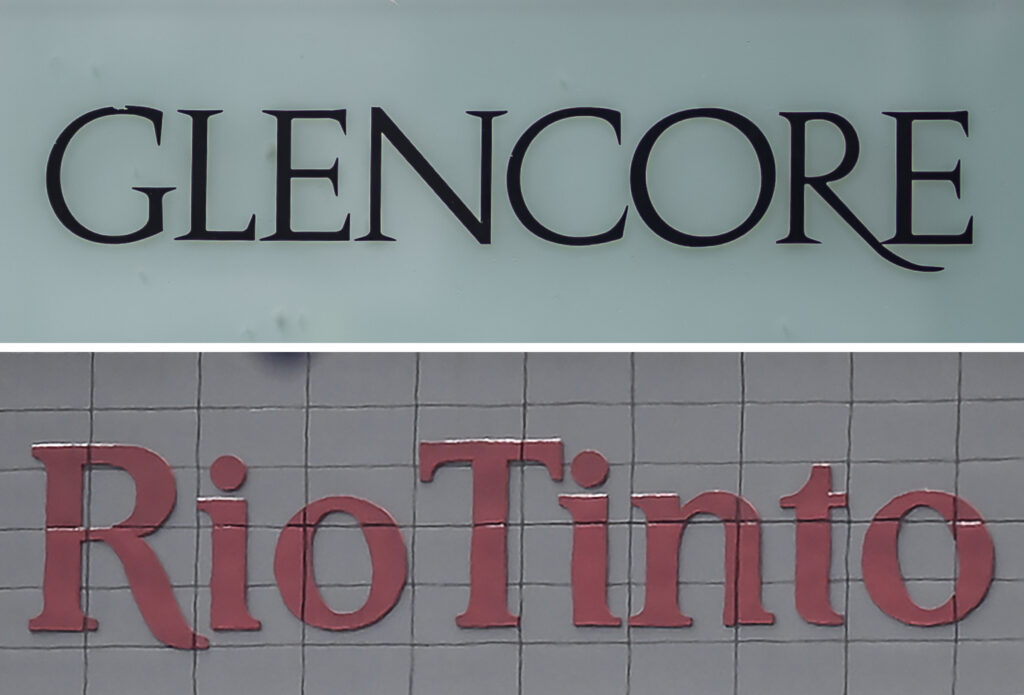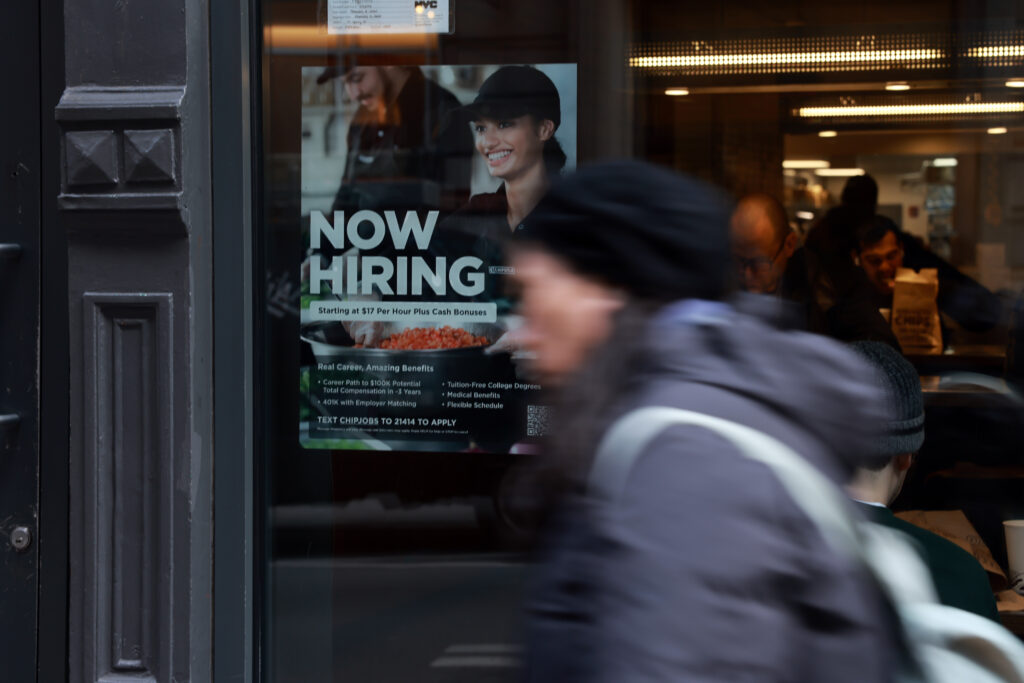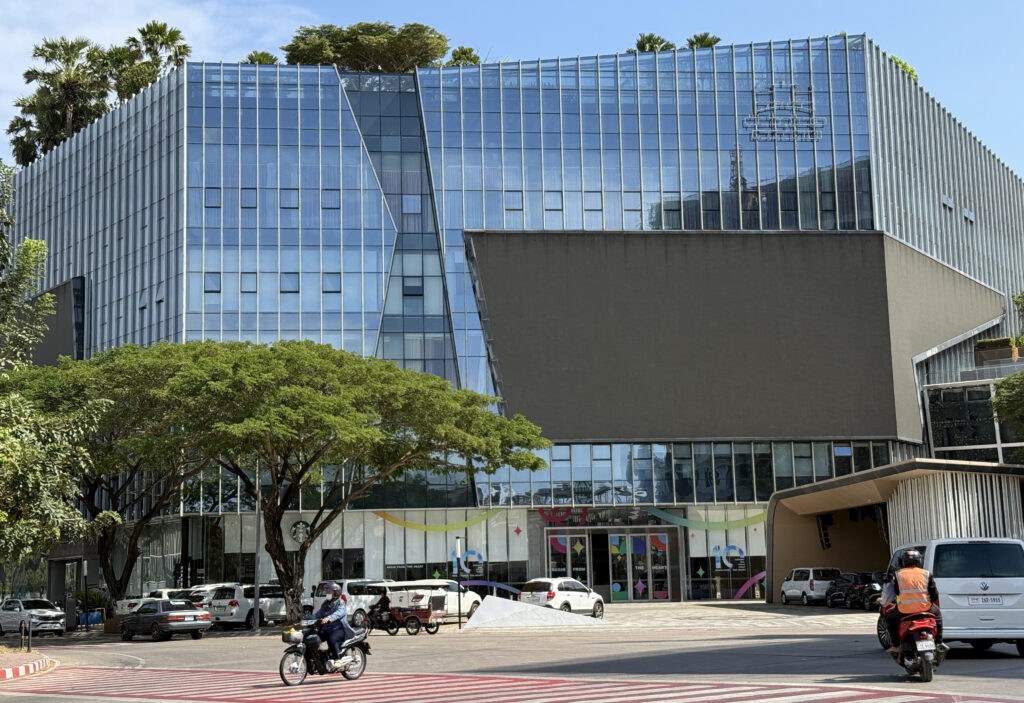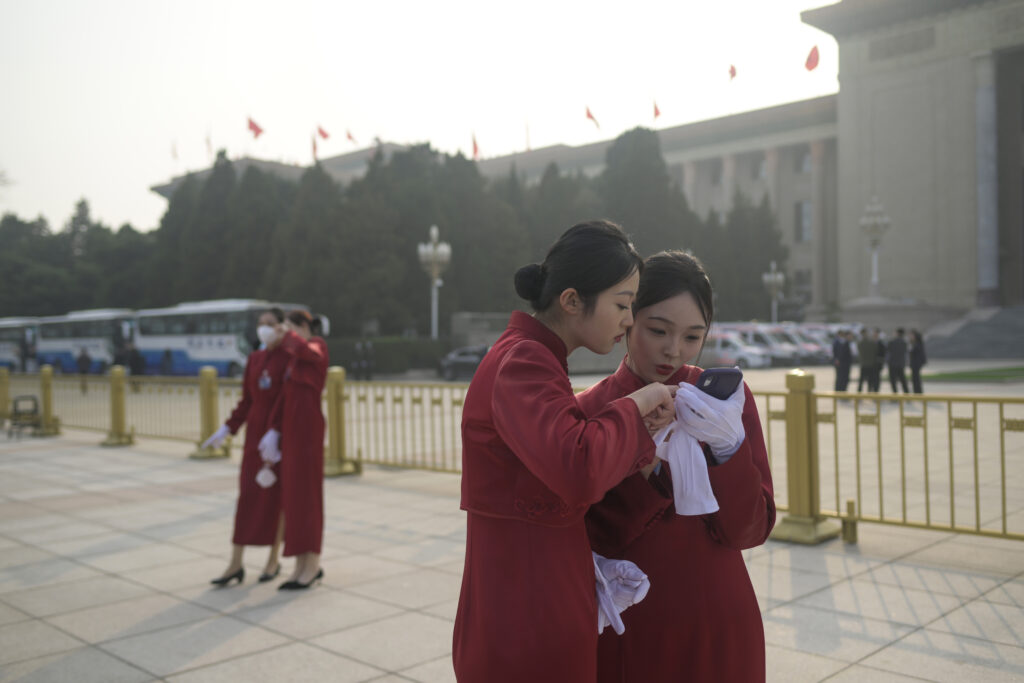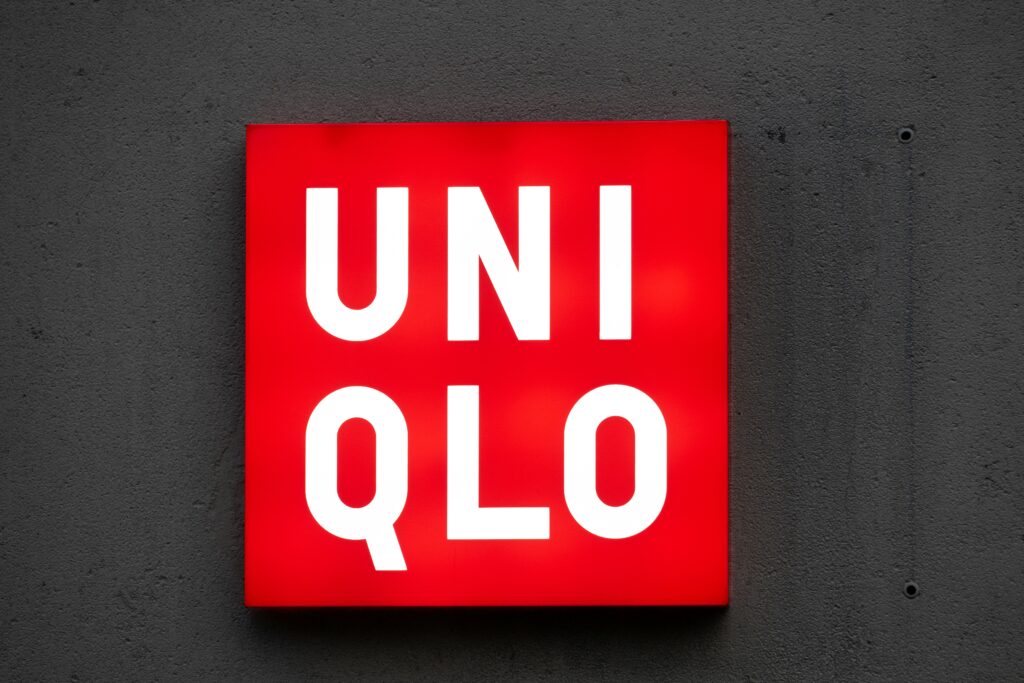Swiss mining giant Glencore in merger talks with Rio Tinto
Swiss mining and commodity trading giant Glencore said Friday it is in merger talks with British-Australian rival Rio Tinto.Glencore said it was in preliminary discussions with Rio Tinto “about a possible combination of some or all of their businesses”.The deal could proceed as an all-share merger, it said in a statement.The Financial Times was first to report that the duo were discussing a “megamerger” to create the world’s largest mining company.Together, they would have a value of more than US$260 billion, the paper said.As a combined force they would have greater leverage to acquire copper resources, a metal that is growing in demand as countries expand electrical networks to harness renewable energies.Glencore chief executive Gary Nagle in December outlined plans to become one of the world’s largest copper producers. “Our portfolio, in particular in copper is world class,” he told an investor presentation. “The coal business supports the energy needs of today as we transition in the world.”The “current expectation” is that Rio Tinto would acquire Glencore by a court-sanctioned scheme of arrangement, Glencore said.Rio Tinto separately confirmed the merger talks in a statement.The two groups said there was no certainty that the preliminary talks would result in a merger.Rio Tinto said it had until February 5 to announce whether or not it is going ahead with a takeover offer.While Rio Tinto is exiting coal, Glencore announced in August last year it had decided against spinning off its coal business.- Coal concerns -Glencore said at the time its shareholders viewed the polluting fossil fuel as a cash-generating activity.The mining group had considered merging newly acquired Elk Valley Resources with its own coal activities and spinning it off.But Glencore said it needed the cash flow from its coal mines to invest in raw materials useful for the green transition, such as copper and cobalt.The strategy was criticised by environmental charities and shareholders, who noted that coal is banned from some investment portfolios.Norway’s sovereign wealth fund, the world’s largest, has excluded Glencore shares from its portfolio since 2020.Oil, gas and coal companies are under pressure to transition away from fossil fuels, the biggest contributor to climate change.
